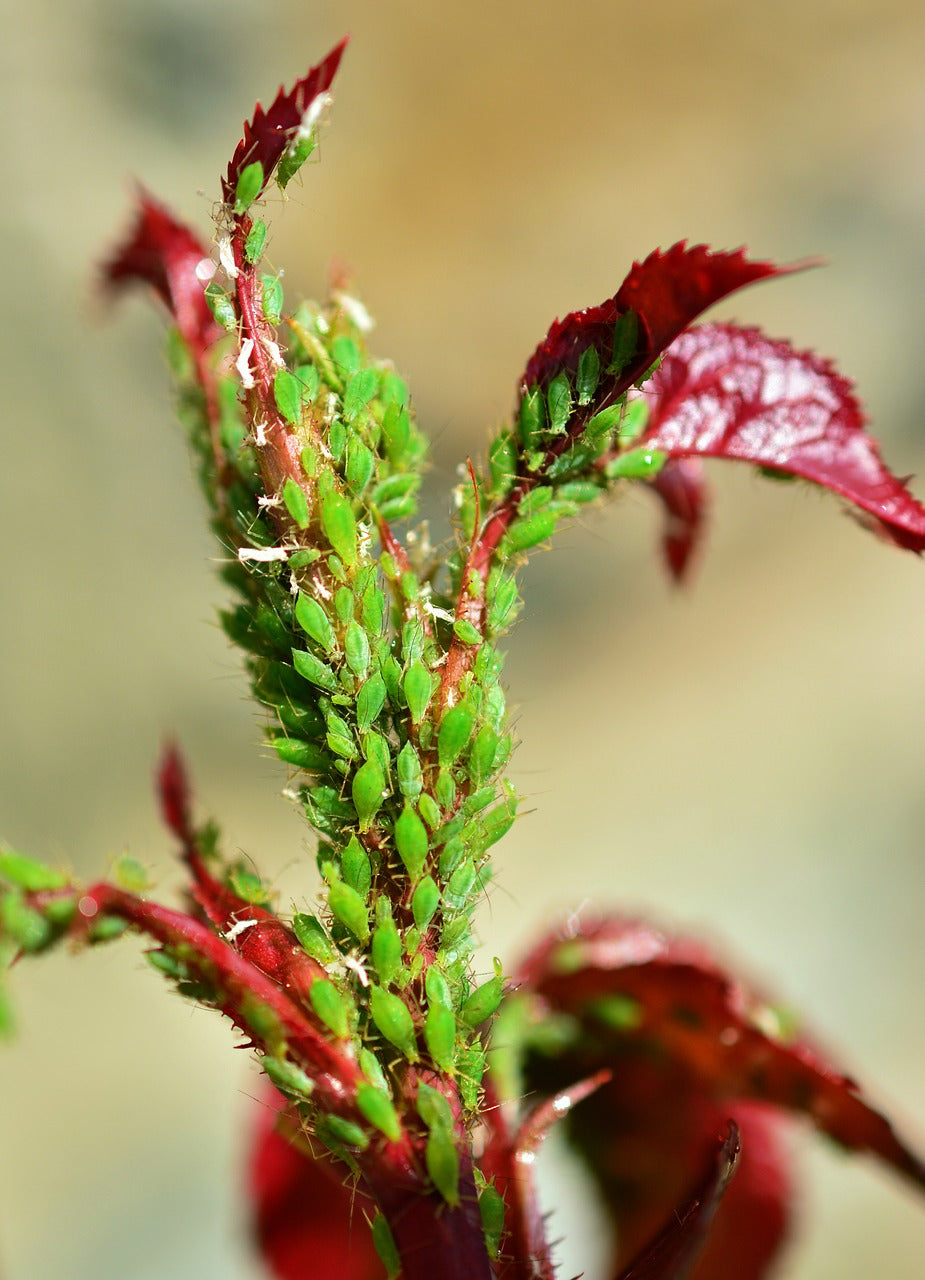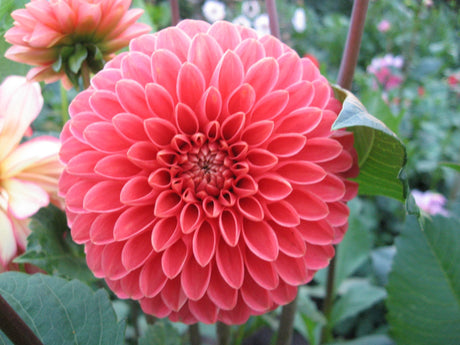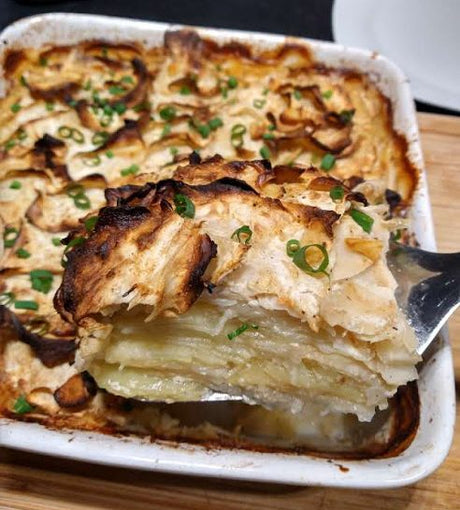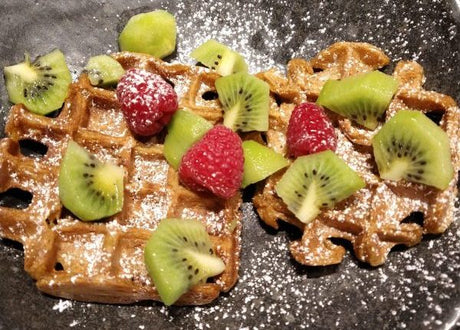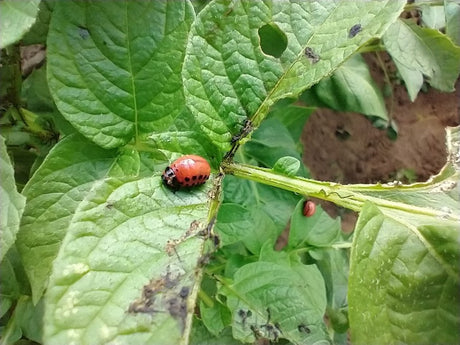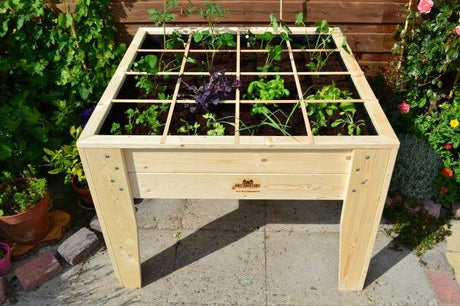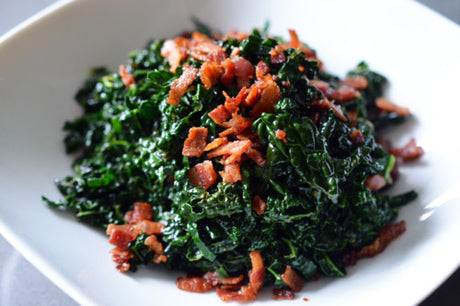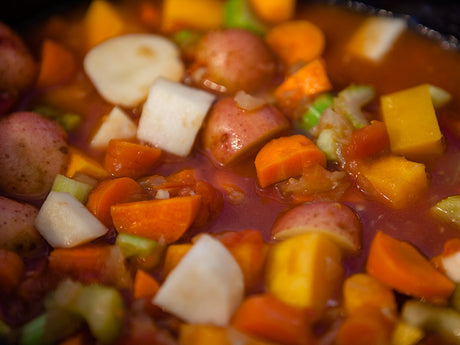Introduction to Aphid Control
Aphids in the ornamental garden or vegetable garden are never welcome guests. These small annoying insects suck the life out of your plants , literally! In this article we tell you everything you need to know about this little creature, how to treat the problems they cause and how to combat the aphids in a natural way .
Aphids are most common in your vegetable garden in spring and summer, and especially in dry weather . This is because it is nice and warm and you are busy sowing or planting out young plants. This is exactly what aphids love. Indoors, in your greenhouse or conservatory, aphids can occur at any time of the year.
Many species of aphids only feed on specific vegetable garden plants , so an infestation of one of your crops does not necessarily mean that your entire vegetable garden will suffer.
Aphids only become a problem when they are present in large numbers. A large aphid infestation can weaken your plants and lead to curling or deforming of the leaves. An additional problem that aphids cause is that they secrete a sticky substance (honeydew). This stops the production of photosynthesis in the leaves and stunts the growth of your plants.
Ants protect aphids to profit from the honeydew they produce. They even attack the larvae of ladybirds and lacewings because they would not be able to eat the aphids. If you see a lot of ants in your vegetable garden plants, it is definitely worth checking the bottom of your vegetable garden plants for aphids.

Ants help aphids
What does the aphid look like?
Aphids are small, sucking insects that occur on many vegetable garden plants, especially on young new plants. Aphids come in different colours (green, black, yellow, brown and orange) and in different sizes (1mm to 7mm long). So they are quite small, but not too small to see with the human eye. If you see small, transparent creatures crawling on your leaves, they can definitely be aphids.

Black aphid

Yellow aphid

Green aphid
Signs of Aphids on Your Vegetable Garden Plants
A few things to look for to see if you have aphids are...
- Deformed, curled or yellow leaves. Look at the bottom of the leaf.
- Fruits or flowers may become deformed if aphids feed on them.
- The leaves of your vegetable garden plants feel sticky due to the honeydew produced by aphids.
Help, the leaves of my vegetable garden plants are curled!
The curling of leaves prevents photosynthesis and thus ensures that your plant can absorb valuable nutrients less well. Leaves that are curled by aphids will eventually die and fall off the plant, which causes stress. For larger plants or fruit trees, for example, you can prune away the affected leaves. Your plant can then put all its energy into recovering and continuing to grow and bloom healthily.
Prevention and control of aphids
How to prevent aphids?
Preventing aphids in your vegetable garden is almost impossible since they are also part of the ecosystem. The presence of aphids provides food for beneficial insects and keeps everything in balance. I will give you a few tips that will ensure that aphids do not take over your vegetable garden plants and .
Insect screen: ecological crop protection in your vegetable garden
You can also choose to grow your young plants under insect netting . This will keep aphids away from your plants with young shoots and young leaves. When your plants start to flower, you will of course have to remove the insect netting again for pollination (but by then your plants will no longer be attractive to aphids and the danger will have passed).

Using insect netting for ecological crop protection in your vegetable garden
Applying biodiversity and natural enemies

Natural enemy: firebug

Natural enemy: hoverfly Aphids are a natural part of the biodiversity in your vegetable garden. They are an important food source for many bird species, but also for useful insects such as ladybirds , hoverflies, lacewings, firebugs and earwigs. Ladybirds , hoverflies and lacewings lay eggs on plants that are infested with aphids and their young eat aphids at an astonishing rate - it is thought that one ladybird can eat hundreds of aphids in its lifetime. These useful insects are therefore also a natural enemy to combat aphids. Earwigs are mainly found in tall fruit trees. They are very good cleaners. They eat all kinds of caterpillars, mites, larvae and eggs of insects and thus keep various insect pests at bay. The most common way to attract them is to provide your vegetable garden with upturned flower pots filled with straw in the spring. In the spring, the earwigs emerge from the ground, go hunting for insects and then nestle in the flower pot to reproduce.

Inverted flower pot with straw: attract beneficial insects that attack aphids Chances are that by the time you discover the aphids on your vegetable garden plants, their natural enemies will often have done so as well. So keep in mind that combating the aphids will not only kill the aphids themselves, but also beneficial insects such as ladybirds and lacewings. So preferably use a biological control to combat aphids. Do you have few natural enemies in your garden? Then definitely consider releasing their larvae, so that on the one hand you help nature and on the other hand you save your plants. The larvae of the ladybird eat a lot of aphids because they still have to grow until they are an adult beetle. The larvae of the lacewing ( Chrysopa ) are also real cleaners and eat a lot of aphids (but also woolly blood louse, beech aphid, spider mites, whitefly, small caterpillars, butterfly eggs, ...).

Ladybird larvae: natural aphid control

Lacewing larvae: natural aphid control
Companion planting: use good neighbours to distract aphids
Engage in companion planting . Plants with a pungent odor such as sage, onions, garlic and nasturtium, grown next to sensitive plants, can help deter aphids. powder sprayer
Lava flour
Lava meal is a natural product that you can apply to the leaves of your plants with a powder sprayer to combat aphids. The fine powder gets between their joints, which will make them not want to move. In addition, lava meal is also a soil improver and it feeds your plants, the cell wall of your plants and fruits will also improve.
Nettle manure
Nettle manure is a 100% natural product made from an infusion of nettles. You can use it as natural plant food, it strengthens your vegetable garden plants and would make them more resistant to aphids. Preferably use nettle manure early in the morning or late in the evening to prevent the leaves of your vegetable garden plants from burning by the sun.
Insecticides: a last resort to combat a major aphid infestation
When all tips and natural remedies have failed, an insecticide can be a last resort. Always take bees, bumblebees and other beneficial insects into account and do not use insecticides on plants in bloom, so that bees and bumblebees do not come into direct contact with the product. Use crop protection products safely. Read the label and product information before use. Edialux BIO Pyretrex Garden


Finally
As we always try to strive for, a vegetable garden rich in biodiversity is the best remedy against harmful insects such as whitefly. Certain plants or shrubs attract ladybirds such as garlic, parsley, marigolds , coriander, dill , marigold , alyssum or snow blanket, parsley, dandelions, butterfly bush, ... So try not only to grow crops to eat but also think of plants that attract various beneficial insects. I hope you found this article useful. If you find the information from Moestuinweetjes valuable, then definitely consider buying your vegetable garden supplies in our webshop . For your first purchase, you can use the discount code biomoestuin for a 5 euro discount on your shopping cart. We also reward returning customers with a discount code moestuinspullen , which gives a 5 euro discount at checkout for a purchase of more than 50 euros. Good luck in your vegetable garden, Sarah

